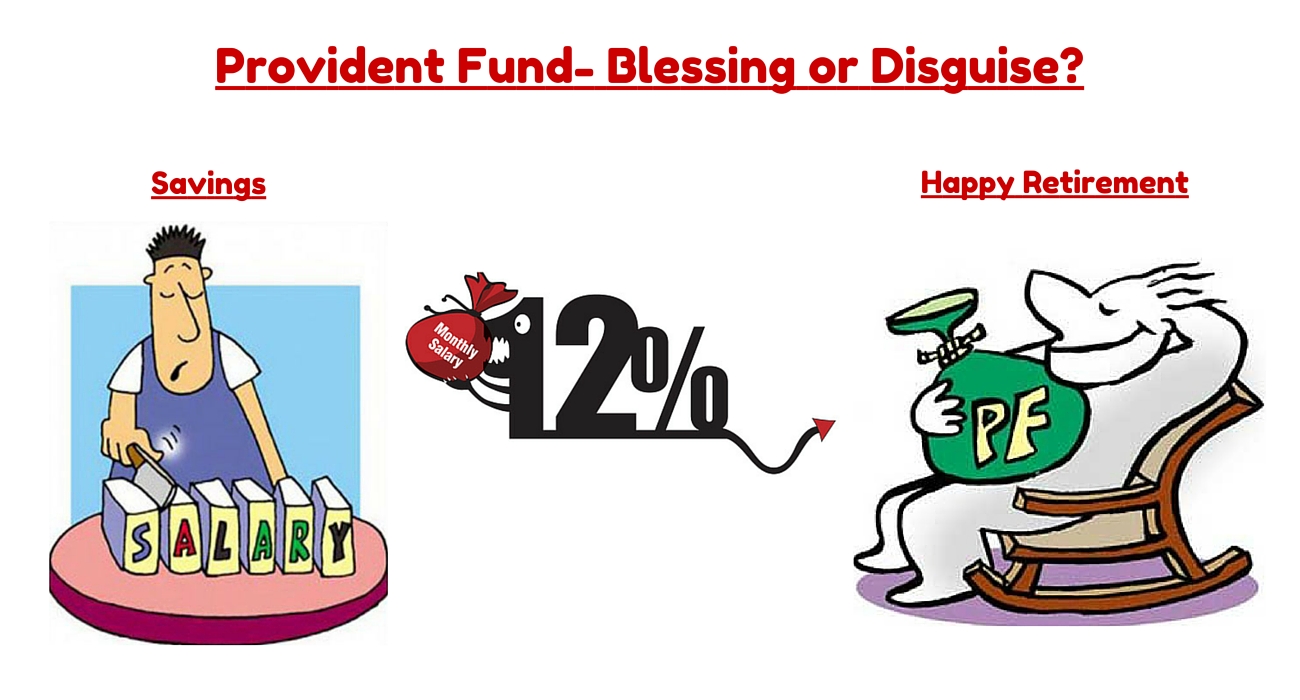Employees Provident Fund, a fund created to protect the future of employees. Majority of the businessmen are scared of this scheme and majority of employees are resistant.
The biggest problem in India is communication wherein government lacks in educating their citizens about the beneficial and important schemes necessary for protection of the future.
Let us try to understand
Why employers are scared of it:
-
Cost Burden:
If an employer registers its establishment under the EPF & Miscellaneous Act then he has to contribute additional 12% of the basic salary of the employee. This is treated as an additional burden in the competitive market. Although big companies take this component in account while calculating CTC (cost to company) of an employee. This sort of calculation is still not accepted by the employees of medium and small enterprises, especially non brand retail shops or construction workers.
-
Compliance Burden
In India employers are always scared of the compliance burden under any of the law. There is a great need of improvement right from the initial registration until regular compliance under this law. Although, the Employees Provident Fund department has realized the shortcomings and they are working on various improvements in the process and procedures of compliance.
-
Inspector Raj
India is famous for Inspector Raj, any employer is scared of the officials/inspectors. Government has taken many initiatives in this direction and has reduced the powers of inspectors. Now the scrutiny or review of compliance is shortlisted from central office to avoid any bias.
Why employees are scared of it
-
Reduced In Hand/Take home Salary
People in India are still not concerned about the security of their future. They always prefer short term benefits instead of long term. Any employee is reluctant for EPF deduction because it reduces the take home monthly salary. They are ready to forgo security of their future without EPF.
-
Difficulties in Claiming Benefits
Employees face lots of difficulties while withdrawal of their claims or whenever they want to exercise the benefits bestowed under the scheme. This is also difficult for the illiterate unskilled workers who don’t even know how to write their name on the various forms required for claiming benefit.
-
Lack of Awareness
Employees are unaware of the benefits of the provident fund scheme and therefore it leads to lack of motivation in the employee community to subscribe for the scheme.
In Conclusion if employees, employers and administration form a sync to spread awareness and reduce hurdles then significant improvement in compliance can be observed in the country. Employees can save, get interest, stay insured and obtain retirement benefits to secure future of their family and themselves.










Pingback: Applicability of the Employees Provident Funds Scheme
Pingback: PMRPY Review: EPF Subsidy to Employer Registered 46 lakh New Jobs